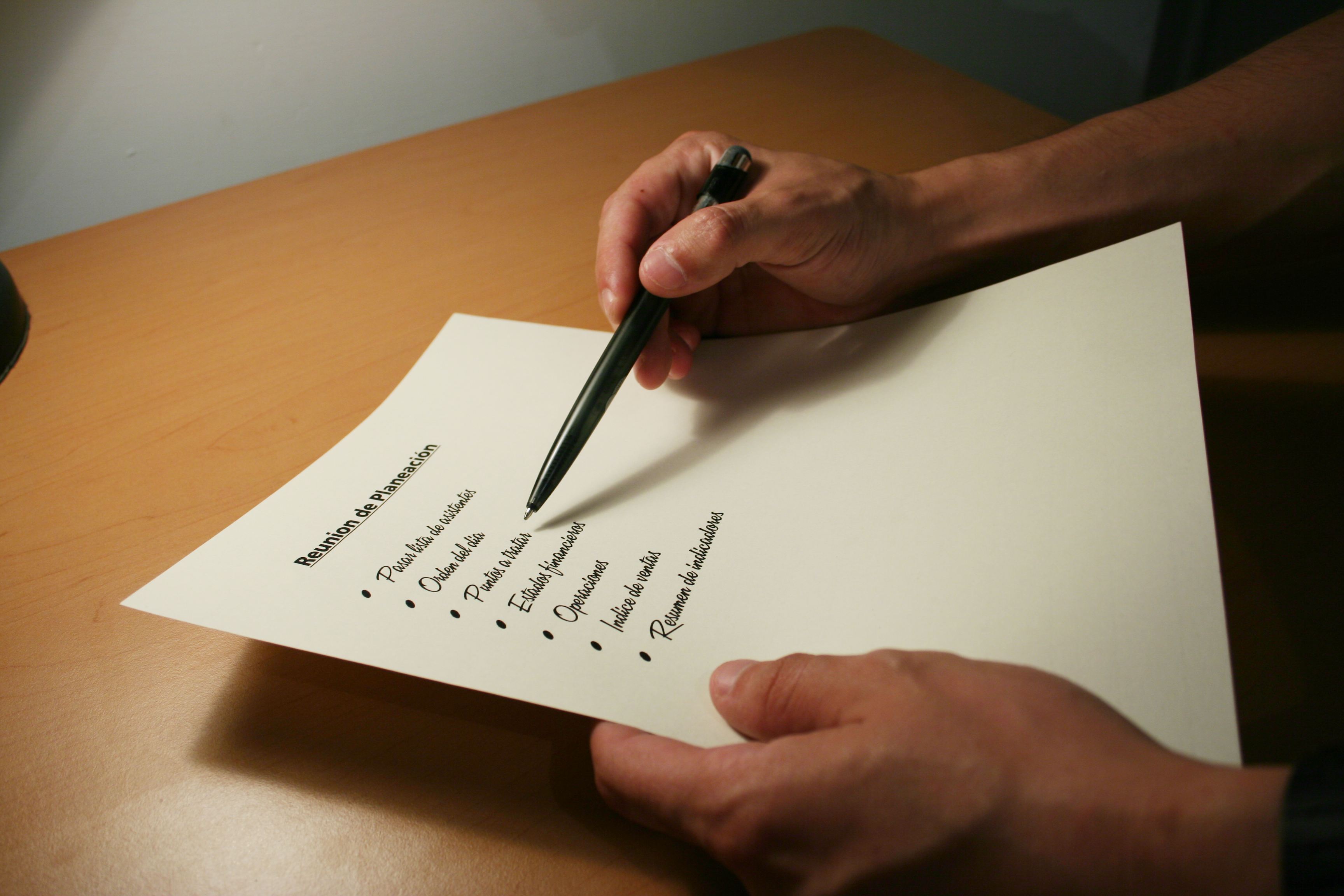“This year, it’s different.”
For those of us who still believe in the power of New Year resolutions: this is the time to make “learn a new language” one of them. And thanks to this quick guide, you’ll learn four things you can do today to make this resolution less likely to flop and disintegrate.
1. Commit and go public
If you promise something to yourself and then fail, you only disappoint yourself. This feels bad, but you get over it pretty quickly. Trust me, I’ve tried that one.
Here’s a method I’m not trying too often: promising things to many, many people. Why do I shy away from this? One word: accountability.
I did this with my Guerrilla Language Learning Challenge – I sent out the newsletter, blogged, tweeted and updated. It’s still going on. And will go on – because there are gazillions of people who might have found out about it. Imagine the embarrassment of having to explain again and again: “yeah, no, that didn’t work out because…”
So here’s the first step: if your resolution for the new year is to learn a foreign language – tell everyone.
2. Make goals smart
This is the right moment to think about what you really resolve to do. New Year will be the year of acting, learning and moving on – but how exactly are you planning to do this?
Fuzzy goals are the first to die. “Lose weight” is weak, confused and just too wimpy. “Lose 15kg by June by swimming, making own food and cycling to work” – is keen, focused and serious, and looks like it’s going to make it.
I wrote about language learning goals a while ago. Read up. Then consider: is your language learning resolution weak and fuzzy – does it need more smarts and focus?
No point committing to goals you won’t follow.
3. Schedule milestones regularly
Do this one now. Don’t wait until you actually feel compelled to act. And for all that is good in the world, don’t plan anything on New Year’s Day.
Learning languages isn’t fast or easy. You’re likely to make mistakes, lose track of progress, change your plans, needs and ambitions. That’s OK. And that’s also why you need to check up on it regularly.
This doesn’t necessarily mean a full-on language exam, or a thorough re-shuffle of all that you do. If you’re in a class, go over your notes, syllabus and calendar with your teachers and classmates. If you’ve got a tutor, buy her coffee after the class to chat about where to go from here. Self study? Review your material, look up your library, find out what’s missing.
I’ve got a simple one-page guide that does all that – by giving you questions you will need to answer yourself. Just sign up here (there’s a newsletter as well – it’s really cool!)
4. Plan for failure
You know what I’m talking about.
Deep down, you’re afraid of even starting out. You know this hasn’t exactly been stellar success before. You feel you could mess this one up as well, and feel bad about it.
There’s time now to think about your language learning resolution. It’s true that this could go wrong. But even if it does, that’s not the end of the world. Here’s a handful of questions to consider when preparing for foreign language learning meltdown:
- What’s the worst that can happen?
- What is likely to stop me?
- What can I do to get rid of the “roadblocks”?
- What have I done already?
- What’s my daily / weekly / monthly “minimum” – how much will I do even if I have time for nothing else, and still keep in touch with the language?
- What’s my “cut-off point” – when can I freely and happily decide that this language is not for me – and move on to do something else?
There’s a post about moving on from language-related traumas that I wrote some time ago. It’s quite personal, so I know it works. Read it now.
I may write more about resolutions soon – in the meantime, feel free to share your comments and secret tricks in the comments!
Wiktor (Vic) Kostrzewski (MA, DELTA) is an author, translator, editor and project manage based in London. When he works, he thinks about languages, education, books, EdTech and teachers. When he doesn’t work, he probably trains for his next triathlon or drinks his next coffee.
BRAVE Learning (formerly known as 16 Kinds) is a lifelong learning and productivity blog. If you enjoy these posts, please check out one of my books and courses.
My recent publications, and my archive, is now all available on my new project: PUNK LEARNING. Hope to see you there!


